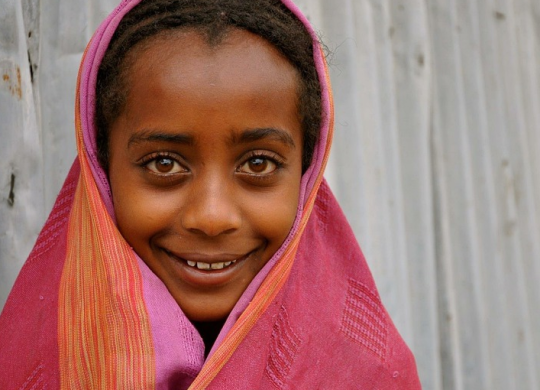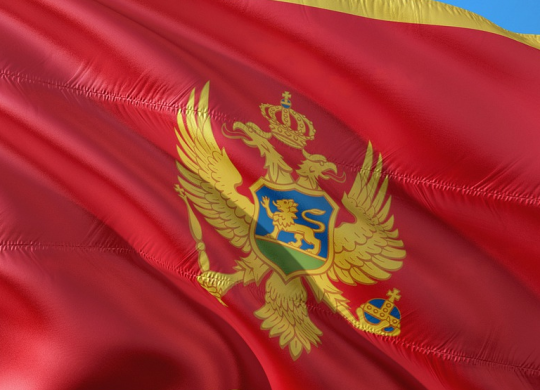Healthcare in Ethiopia: medical services and insurance, everything a tourist needs to know

Ethiopia is a country in East Africa. Its official name is the Federal Democratic Republic of Ethiopia. Since ancient times, the country has been a member of many international organizations, including one of the first members of the United Nations, a member of the League of Nations, and a founding state of the African Union, which is part of the international organization of ACP countries.
With a population of 120.8 million people, the country has a serious food problem. Due to land degradation caused by democratic pressure on Ethiopia's lands, per capita, food production is declining significantly from year to year. During the most productive years of production, at least 5% of the population needs humanitarian assistance.
Health care in Ethiopia, despite all the innovations and transformations in the medical field, remains one of the worst in the world. According to Ethiopia's Ministry of Health reports, more than 4% of the elderly population is infected with HIV and more than 1,000 people die of AIDS each year. Among all countries in the world, Ethiopia ranks 4th in the number of infectious diseases among the population.
What should a foreigner know about medical care?
The most serious problem with the healthcare system in Ethiopia is the huge shortage of qualified doctors, as well as medical specialists. When visiting large hospitals, it is common to see a queue of several days of people waiting for their turn to be examined by a specialist. According to statistics, the number of obstetrician-gynecologists in the country does not exceed a few hundred, 85% of whom work in the capital Addis Ababa.
Medical care in the country is divided between the public and private sectors, which only operate on a fee-for-service basis. Good medical centers with full-time doctors can only be found in the country's major cities.
In the field of medical education, Ethiopia does not have serious difficulties; there are 22 medical colleges throughout the country, of which 15 are public and seven private, with the largest number of schools also located in the capital. The Balochi Red Cross and Red Crescent Hospital are the best in the country. There are four wards in the large hospital department: surgical, intensive care, therapeutic, and infectious diseases.
Public sector
Speaking of the fee basis of medical centers, a check-up by a doctor will cost a small amount, up to US$5, and a painless delivery in the region of 10-15. But even such low prices are not accessible to all residents, especially rural residents, a third of whom cannot even pay for an initial check-up.
Lack of medicines and drugs is a stable situation in state hospitals, so most often patients buy the necessary medicines themselves. The urgent need for specialists is a major problem in public medicine.
Private sector
Despite the availability of more modern and better equipment, the private sector also suffers from a lack of qualified staff. Most of the time the equipment just stands idle because there is no one to work on it. There are also problems with overcrowded queues at private clinics, as Ethiopia's wealthier population prefers quality services, sanitation, and convenience.
Pharmacies and emergency services
The pharmaceutical market is as poor as other medical structures in the country. Strict regulation of medicine importation and control of pharmaceutical companies is undertaken by the government. Most of the medicines in pharmacies are domestically produced, and it is rare to find foreign medicines. There is no ambulance service in the country, but there is an equivalent in the form of the work of private institutions, but only wealthy people can use these services.
Medical insurance
Health insurance is not widely available in Ethiopia, so it is advisable to take out insurance before visiting the country. Please note that the policy covers all medical expenses abroad, including medical evacuation. You should also make it clear whether the insurance company will pay the medical providers directly or reimburse you later for healthcare costs. By the way, you can select and arrange the appropriate insurance on our website.
Recommended articles
5 min
Treatment
5 min
Work
5 min
Residence permit
All materials and articles are owned by VisitWorld.Today and are protected by international intellectual property regulations. When using materials, approval from VisitWorld.Today is required.
